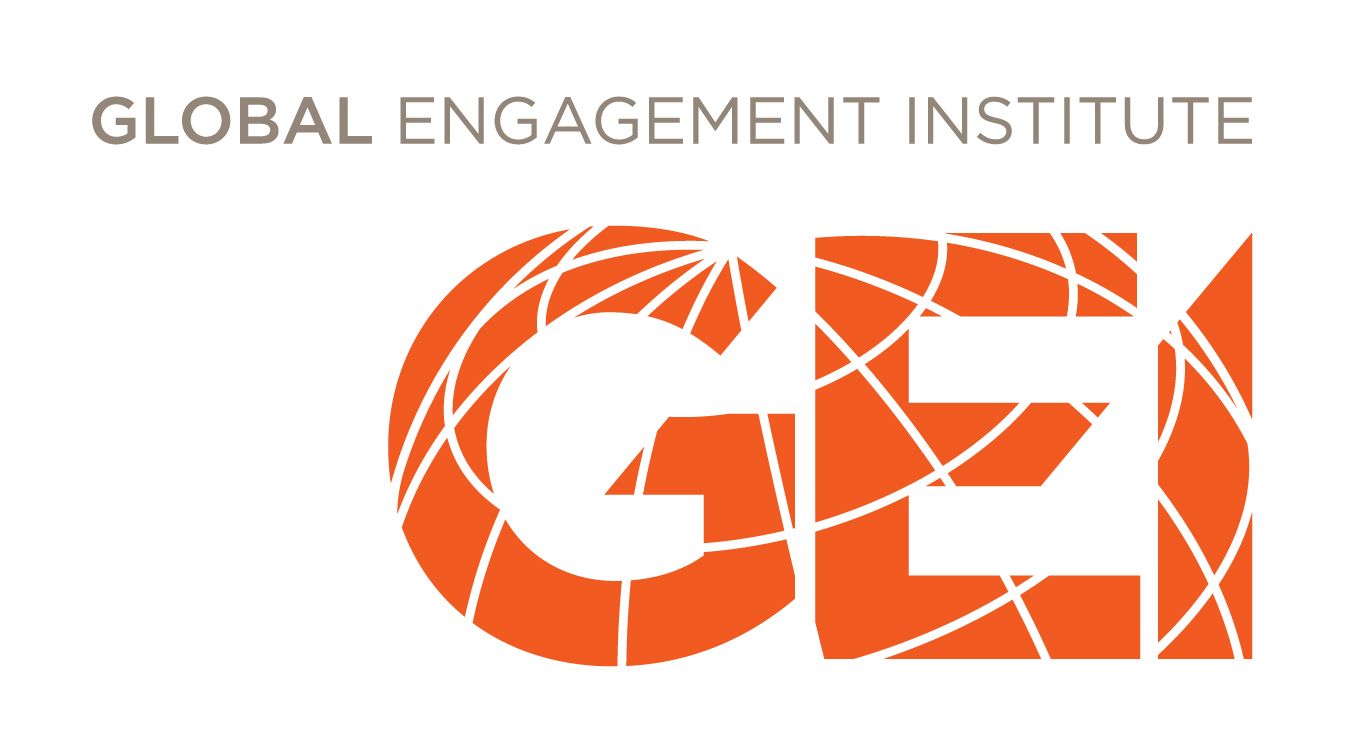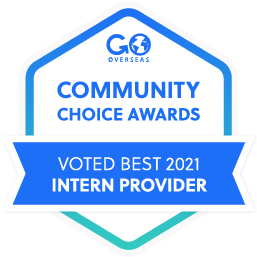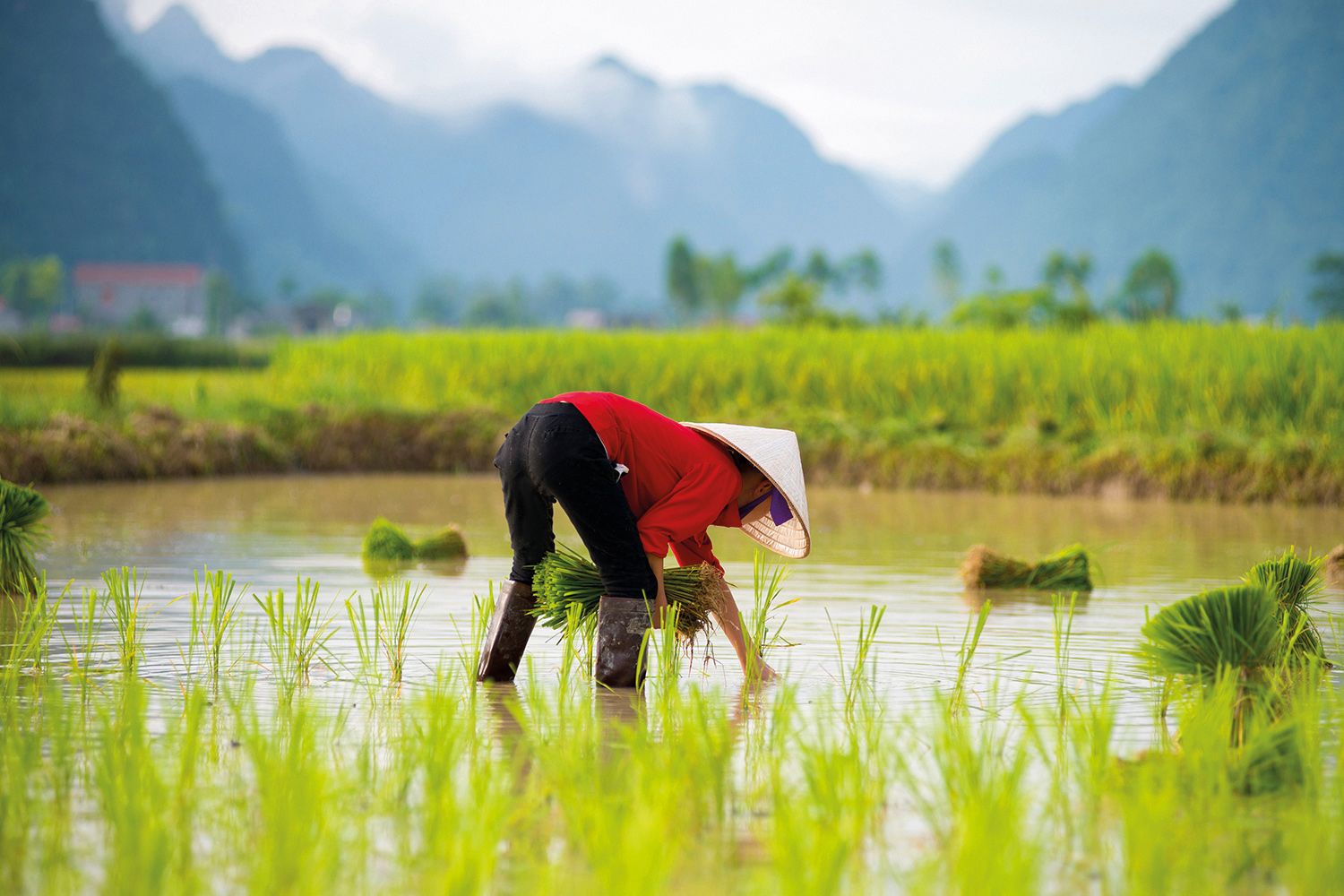GLOBAL ENGINEERING (VIETNAM)
Global Practicum
A 4-credit global practicum to develop skills, knowledge, and understanding that prepare you for leadership and engagement in our global society.
AT A GLANCE
-
Global Practicum Program
-
Disciplinary Track: Global Engineering
-
Study Abroad Destination: Vietnam
-
2026 Dates: June 27-July 24 (4 weeks)
-
Credit: 4 U.S. credit hours (~ 8 ECTS credits) for eligible university students
-
Eligibility: Any field and level of study
PROGRAM OVERVIEW
Write your awesome label here.
Write your awesome label here.
Write your awesome label here.
Write your awesome label here.
Write your awesome label here.
Write your awesome label here.
ACADEMICS
This 4-week interdisciplinary practicum immerses students in practical engineering work through group placements with a host organization. The course integrates learning from all previous modules, challenging students to apply their technical expertise to address a specific engineering challenge in fields such as healthcare, energy, water management, or infrastructure. Students collaborate with local engineers, entrepreneurs, and community partners to design and implement impactful solutions, leveraging human-centered design principles and sustainable engineering practices. Each Friday, students reconvene for a class colloquium, reflection session, and cultural activities to enhance their understanding of global engineering challenges.
As capstone project, students create a digital portfolio that serves as a comprehensive record of the students’ achievements and learning throughout the program. Students gather artifacts from their coursework and field experiences to showcase their development and mastery of skills. The portfolio culminates in a reflective essay and a presentation, promoting self-assessment and continuous learning.
There are no specific prerequisites or requirements. Students can be enrolled in any major or minor and can be at any level of university study. While we try to always place students in cohorts with similar levels of study, please understand that this may not always be possible.
Our programs are designed to follow U.S. academic culture and standards. The pace is generally accelerated and the workload is demanding. The U.S. grading scale of A to F is used. Students will receive a variety of assignments. They include engaged participation in a global practicum, a weekly reflective journal/blog/vlog, and a project report (ENG303), as well as a digital portfolio culminating in a reflective essay and a presentation.
4 U.S. credit hours (~ 8 ETCS credits) for eligible undergraduate students via our U.S. academic school of record. After successful completion of the program, you will receive a comprehensive GEI transcript. Please check with your academic advisor at your home institution to confirm how many credits can be accepted for your degree program.
The language of instruction is English.
UNIQUE EXPERIENCES
Embedded in Vietnam’s engineering landscape
Students join Vietnamese host organizations in Ho Chi Minh City or the Mekong Delta, contributing to projects in fields like water management, infrastructure, or renewable energy. Placements are tailored to match each student’s technical skills and goals.
Mentorship and weekly reflection
Weekly colloquia led by local mentors and GEI staff provide space for reflection and dialogue. Students examine ethical challenges, sustainability, and cross-cultural teamwork in real time, guided by professional and peer insight.
Write your awesome label here.
Write your awesome label here.
HOUSING & MEALS
The program includes 4 weeks in Vietnam. For this time, GEI Vietnam offers different housing options that students can choose from, pending availability. These include:
- Homestays: Typically single rooms, with shared bathroom, and access to a kitchen and living room
- Serviced apartments: Single or shared double rooms, with shared bathroom, and access to a kitchen and living room
- University residence halls at our local partner universities: Shared double rooms, with shared bathroom and no kitchen facilities
- Simple guesthouses: Shared double rooms, with shared bathroom and no kitchen facilities
Homestay host families typically provide breakfast and dinner. Students in serviced apartments, university residence halls, or guesthouses are usually responsible for all meals outside of core course meals.
You can find additional information in the following blog post: Accommodation – What to expect.
You can find additional information in the following blog post: Accommodation – What to expect.
DATES, FEES, AND SCHOLARSHIPS
Summer 2026 (4 weeks): June 27-July 24
Summer 2026: April 1
Summer 2026: US $3,950 (4 weeks)
INSTRUCTORS & COORDINATORS
Meet our core team
All of our instructors and coordinators are highly experienced and resourceful professionals.


